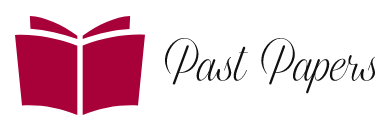If you’re looking for ways to study better and get higher grades, you’ve come to the right place. Here are 7 tips to help you get started:
Make a study schedule and stick to it.
Get plenty of rest and exercise; both help improve brain function.
Take breaks and allow yourself time to relax; too much focus can lead to burnout.
Create a positive study environment for yourself, where you feel comfortable working in and make use of any tools that can help, including flashcards and apps.
Start with the most difficult material first, while you’re still fresh, and save the
Make a study plan
There is no one-size-fits-all answer to the question of how to study effectively for exams, but making a study plan is always a good place to start. To make an effective study plan, start by assessing what you need to learn and how much time you have to learn it. Then, break down your goals into smaller, more manageable pieces and create a schedule for yourself. Be sure to allow for breaks and flexible time in your schedule, as well as time for review and practice. Finally, stick to your plan as much as possible and don’t be afraid to ask for help if you’re struggling.
Directions: Start by making a list of all the material you need to learn for your class. When you’ve completed the list, rank each item according to its importance for the exam. Next, group the items into categories, such as months or semesters and start building your study schedule from there. For example, if you have 15 items to learn and 3 months to study, then you’ll spend 1 hour per week on each topic. It’s important to space out your studying evenly over time so you don’t burn out, so try to not study for more than 2 hours at a time. Also, be sure to include breaks and some practice tests in your schedule.





